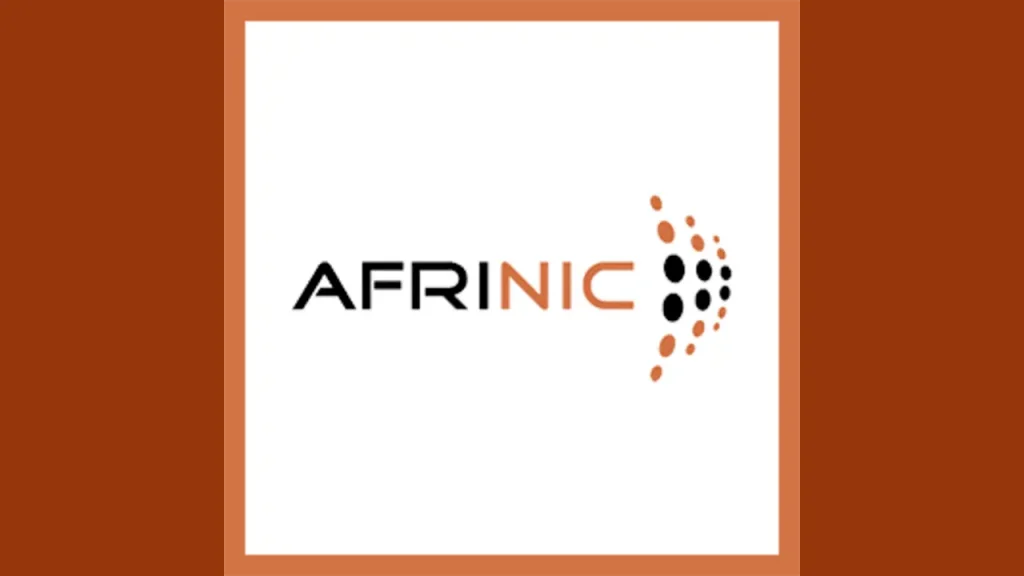- AFRINIC’s stalled Policy Development Process (PDP) is deeply affected by repeated election issues and governance paralysis.
- For policy development to resume and be credible, election legitimacy and clear procedural reform must be enforced.
Institutional gridlock: Elections and policy stalled
AFRINIC’s community-driven Policy Development Process (PDP), intended to be open, transparent, and bottom-up, has been largely immobilized in recent years. Key policy proposals—such as those on IPv6 adoption, WHOIS accuracy, and inter-RIR coordination—remain in limbo because there has been no functioning Board to ratify changes. Sources note the PDP “has in recent years come to a near standstill” amid legal and procedural deadlock.
The situation worsened when the June 2025 election was annulled due to disputes around voting procedures, including challenges to proxy votes, throwing policymaking into uncertainty. Without leadership and clear authority, policy work cannot move forward, because proposals cannot be voted on, implemented, or enforced.
Election procedures: Policy development depends on legitimacy
Procedural legitimacy in election processes directly influences whether the policy community trusts that outcomes—both policy and governance—reflect communal will rather than arbitrary decision. External stakeholders such as ICANN have publicly called for transparency, fairness, and adherence to established procedures in AFRINIC’s Board elections.
Recent proposals for the election (September 2025) include removing proxies and Powers of Attorney, enforcing entirely online voting, and forming a new NomCom with one representative per African sub-region. These changes are argued to correct past breaches, but critics claim many of the changes may violate AFRINIC’s bylaws or Mauritian company law, which allow proxies and existing NomCom rules.
Also read: AFRINIC election: Voter fraud uncovered as ECom member threatens to resign
Also read: Why AFRINIC’s election security needs stronger legal guarantees in Mauritius
Reform needs: To restart policy development
To revive AFRINIC’s policy development, reforms must address both process and trust. First, election reform should include independent oversight, transparent rules for candidate nomination and verification, clear bylaw compliance, and fully inclusive member participation. Without these, policy proposals will continue to be blocked or delegitimized.
Second, AFRINIC must restore confidence among its stakeholders by making policy development visible and accountable. Publishing detailed minutes, aligning operational practice with policy principles (open, bottom-up, transparent), and ensuring the community has real influence are essential. If AFRINIC cannot demonstrate legitimacy in its electoral processes, the PDP risks becoming a facade.
Conclusion: Policy depends on elections
AFRINIC’s potential to shape Africa’s internet through its policies is deeply tied to its elections being legitimate. Without credible elections, policy development remains a theoretical exercise: proposals exist, but implementation and trust do not. For AFRINIC to fulfill its role as Africa’s RIR with meaningful policies, it must fix its electoral system, honour its bylaws, and ensure open, fair governance. Only then can the PDP resume in a way that earns trust, reflects the community’s needs, and drives real technical and regulatory progress.

